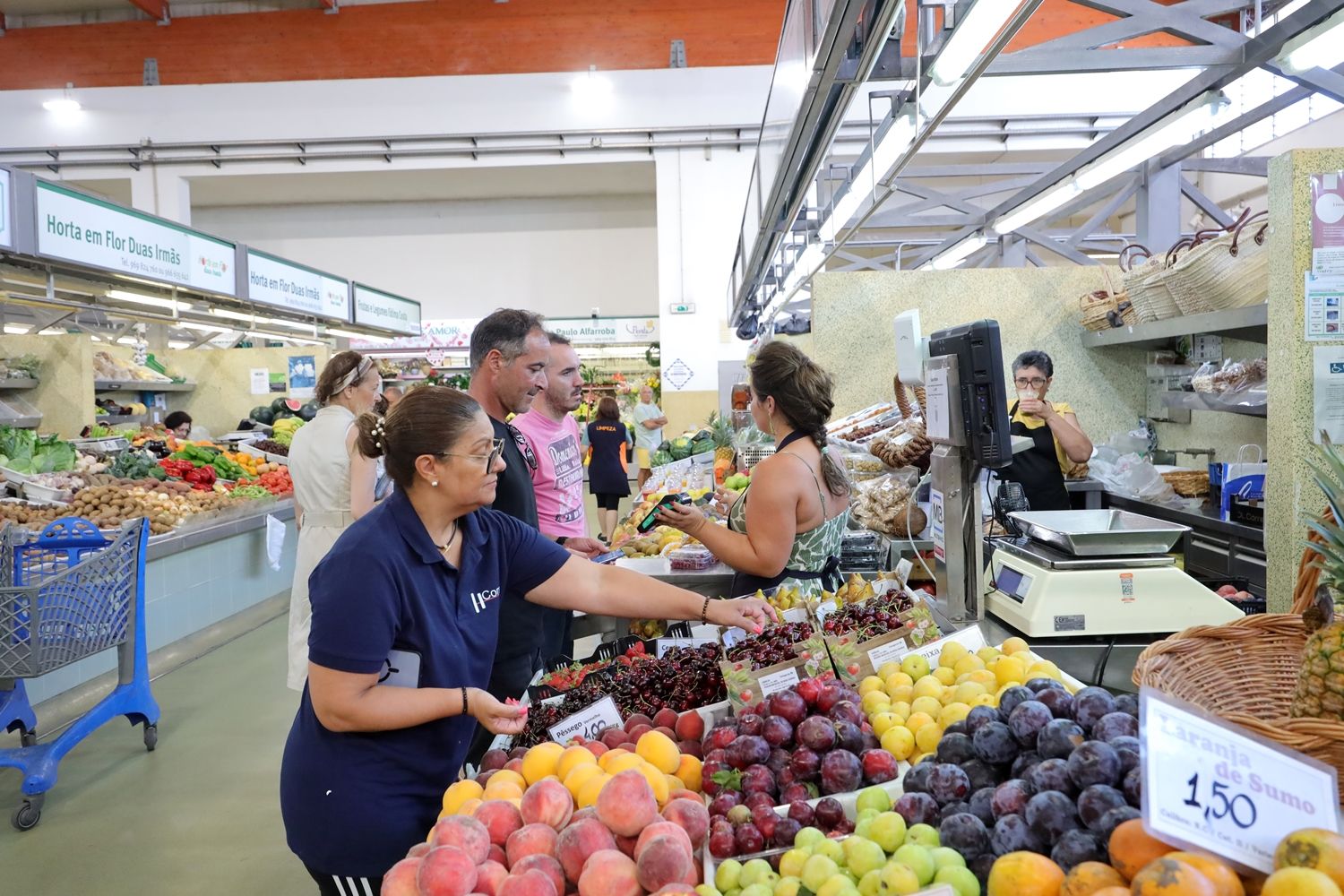In statements to Lusa, the study’s coordinator, Samuel Lins, revealed that 44.1% of those surveyed intend to save even more in 2025 than they saved in the previous year and that they are more optimistic about their financial situation than about that of the country.
Thus, according to the research report consulted today by Lusa, about 45.5% of Portuguese people believe that the Portuguese economy will worsen, while 14.1% believe it will improve.
Regarding their own financial situation, perceptions are more balanced: 23.1% believe their financial situation will improve, while 27% predict it will worsen.
The report on Consumption and Savings Habits for 2025 gathered data between April 17th and May 23rd, using a representative sample of the Portuguese population that included 1,032 participants from all regions of the mainland and the archipelagos of Madeira and the Azores.
According to the research, the majority of Portuguese (54.4%) say they spend less than they earn, and 76.7% have the habit of making a shopping list.
In 2024, the majority of Portuguese people (54.6%) sought to improve their financial literacy, and 64.9% intend to do so in 2025.
On the other hand, 20.1% of respondents “agree or strongly agree that the amount of possessions and material goods a person owns is an indicator of their happiness and success.”
Impulse buying
Regarding purchasing habits, in 2024, 11.4% of Portuguese “admitted to making panic purchases, while 24.7% bought as a way to alleviate negative feelings.”
In the study, panic buying is defined as “the act of buying more things than normal as a result of feelings such as fear and panic,” and “generally occurs in crisis situations.”
Buying to alleviate negative feelings refers to “purchasing behaviour used as an emotional strategy to cope with boredom, sadness, and anger.”
The research report indicates that 31.5% of Portuguese made impulse purchases (purchases without thinking, motivated by a sudden desire) and 9.6% acquired products with the aim of impressing others.
Regarding influences on purchases, 54.2% of Portuguese state that concern for environmental issues influences their decisions.
Furthermore, 34% of those interviewed acknowledge that they “consider opinions and comments on social media before purchasing any product.”
The Observatory of Social Challenges (ODESS) was created in 2021 with the objective of understanding the perspectives of citizens residing in Portugal on various social issues that represent challenges to democracy, social justice, equality, and the effective inclusion of different social groups.

